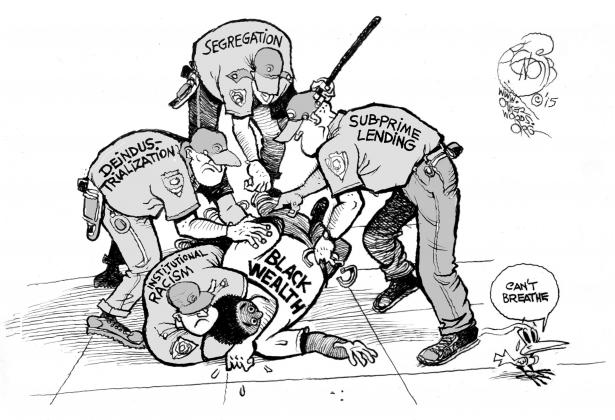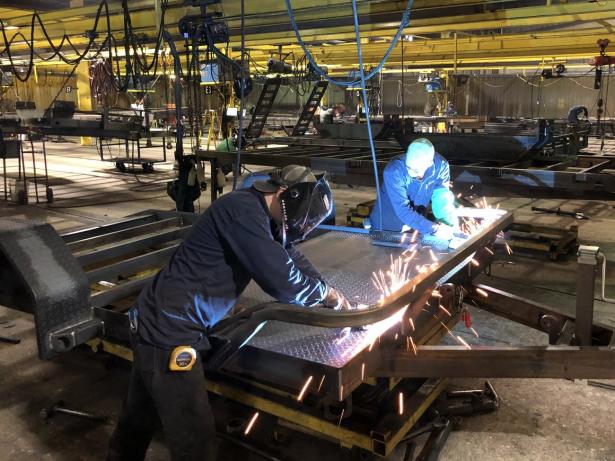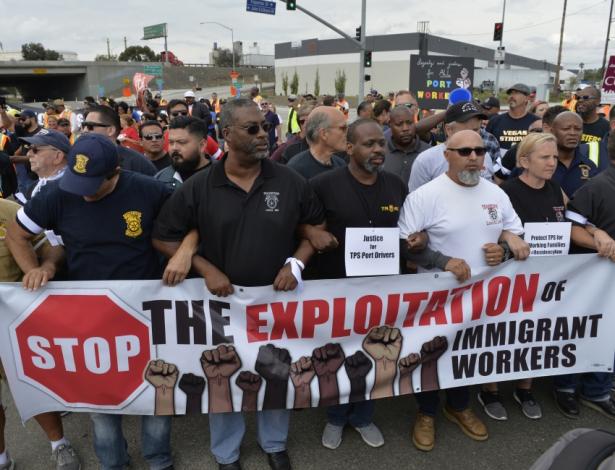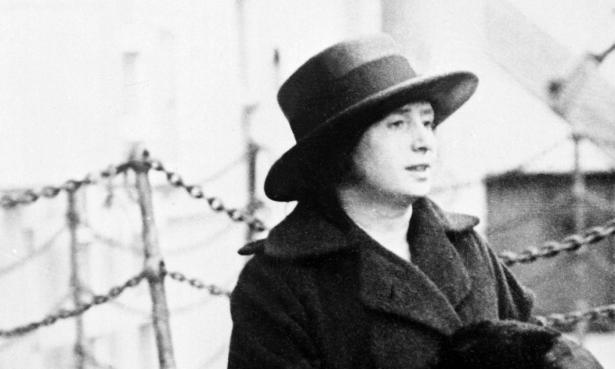Racial Wealth Gap Much Smaller Among Union Members
Forbes

Persistently large wealth inequality leaves many African-Americans--as well as Latinos and some parts of the Asian-American communities--in a very precarious economic situation and poorly prepared for retirement.









Spread the word